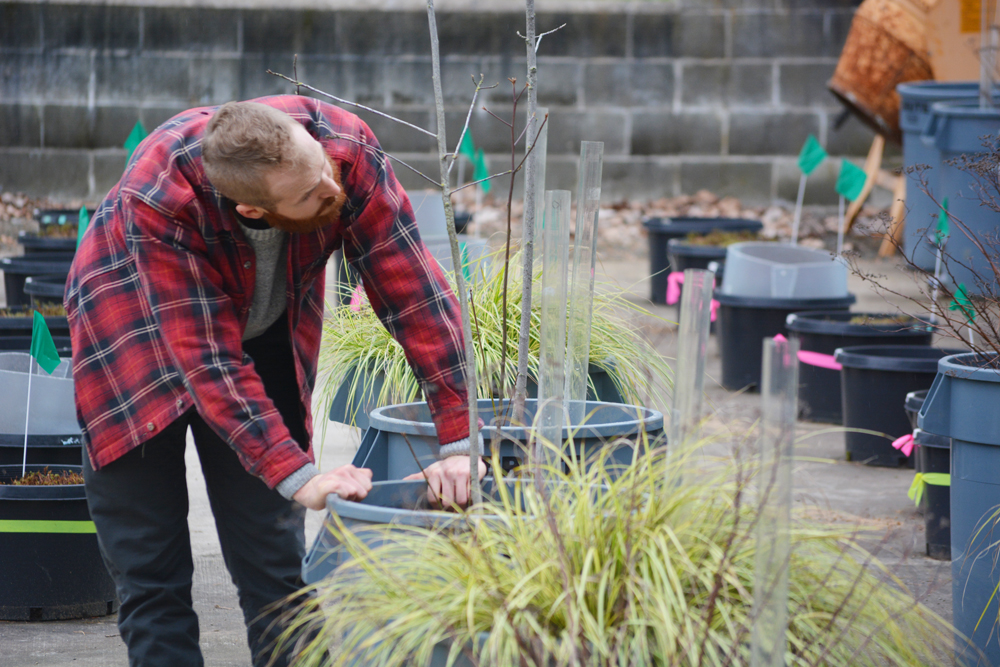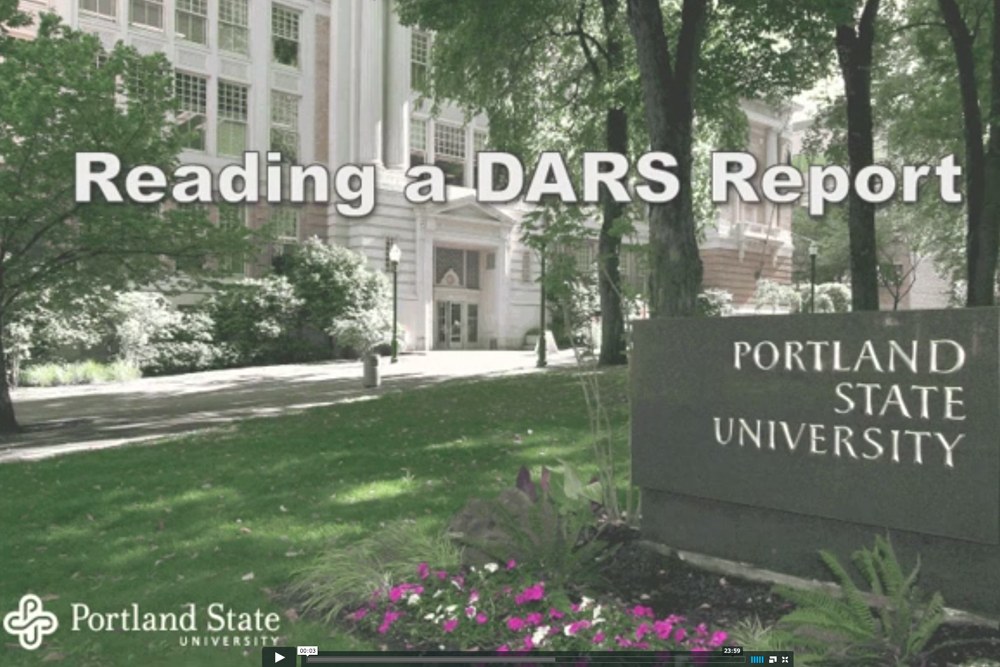Jacob Stone, a junior in the Honors College at Portland State, has recently been awarded the national Greater Research Opportunities Fellowship for Undergraduate Environmental Studies from the Environmental Protection Agency.
The grant includes two years of funding for his project and an internship during the summer of 2015. Stone’s research focuses on why stormwater contaminants from runoff in Portland’s green streets are not accumulating as they are in other cities.
Thirty-three applicants throughout the U.S. received the EPA GRO Fellowship. Chosen applicants presented research proposals related to pollution and human health. Stone explained the grant was unique in that it only considered students from schools with limited government funding.
Following his two years of research, Stone said he will attend a conference and present his research.
Green streets and bioswales are curbside rain gardens that run parallel to sidewalks. The plants can tolerate heavy rain and long periods of dry weather. They are specifically designed to collect stormwater from the street.
“Portland has a fast growing number of green streets designed to capture stormwater and prevent it from entering our sewer systems, which occasionally flood, causing sewage to spill into the Willamette,” Stone said in an email. Stone is dual majoring in engineering and environmental science.
“Along with this storm water, pollutants from the streets, such as oil, metals from brake pads and trash, flow into these green streets,” Stone said. “I was curious about whether these contaminants accumulate.”
“My initial research into the topic is that they do not accumulate, and my question is why? Are the plants breaking down the pollution? Are the bacteria and fungi doing it? Is the soil absorbing it, making it undetectable?” Stone said.
Bill Fish, a professor of environmental engineering at PSU, said bioswales are a major component of Portland’s current stormwater management program.
“It’s widely recognized that we still don’t fully understand many aspects of how well they work in a given situation,” Fish said.
Fish, along with Olyssa Starry, a professor of urban ecology in PSU’s Honors College, are Stone’s advisers.
“PSU students and faculty have become significant partners with the city in improving stormwater management, and [Stone’s] project will be a very important contribution,” Fish said.
“Green streets…protect water quality in rivers and streams, they replenish groundwater supplies and they provide green spaces in urban areas,” said Portland Bureau of Environmental Services spokesperson Linc Mann.
Ann Marie Fallon, the director of the Honors College, said Stone’s research will foster collaboration between faculty members from different departments who are interested in similar areas of research.
“This cross-campus collaboration allows for better research networks and more opportunities eventually for undergraduates and graduates interested in similar areas,” Fallon said.
It will also, Fallon said, bring recognition to the undergraduate research in sustainability that PSU’s Honors College excels in.
“I have a lot of work to do in the next two years,” Stone said. “The next six months or so are most likely going to be an in-depth review of the current literature available. I will then work with my advisers to develop an experiment possibly including greenhouse replications of green streets with various design features. My goal would be to find a design that does accumulate toxins, as well as some that remain uncontaminated, then analyze the difference between them.”






